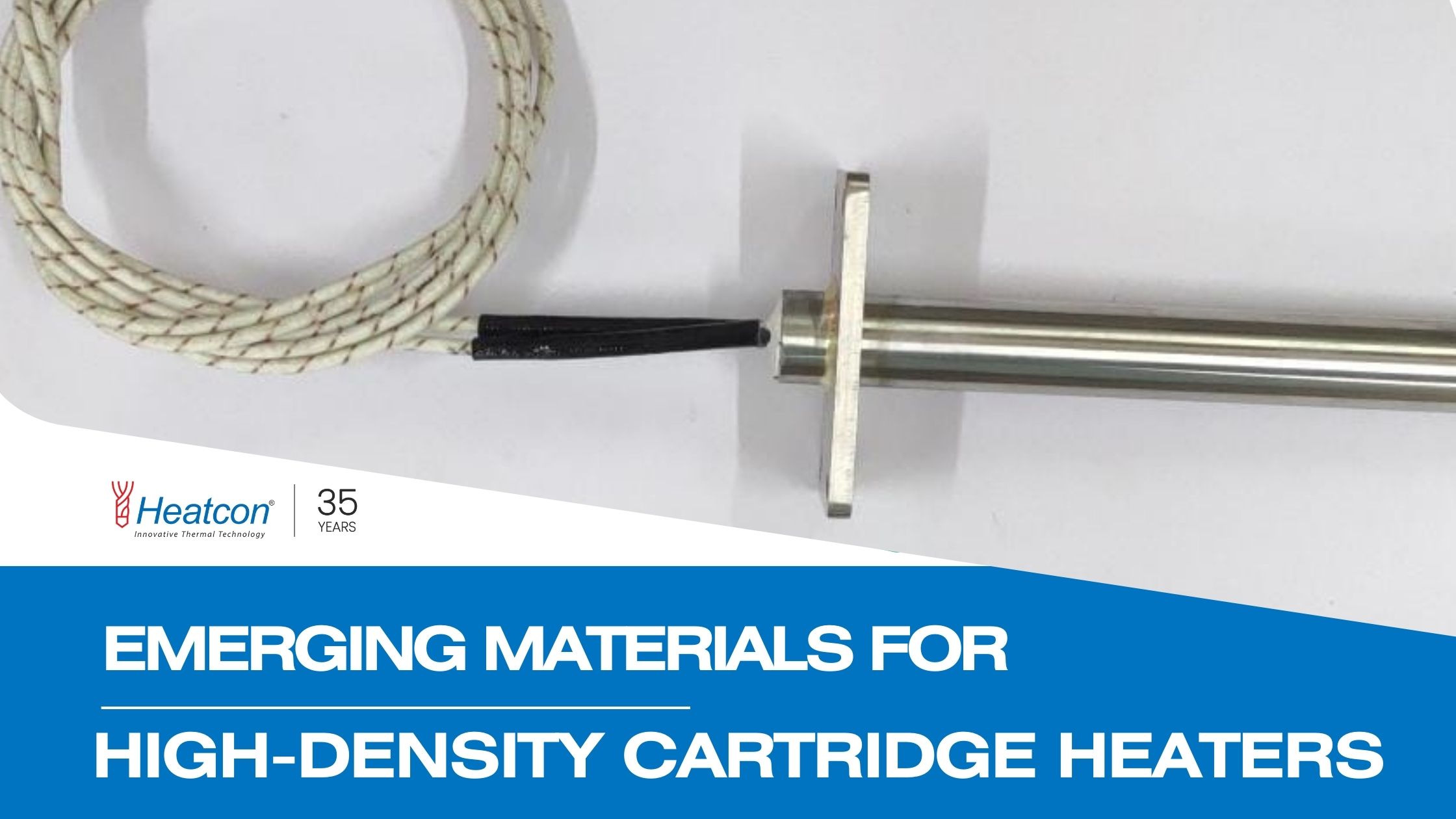The Role of High-Density Cartridge Heaters in Industry
Selecting the right materials for high-performance heaters is no small feat. From stainless steel cartridge heater designs to cutting-edge alloys, the industry is leveraging the latest developments to ensure optimal performance. Combined with high-temperature heating solutions, these emerging materials are paving the way for a new era of efficient and reliable heating.
Why Material Matters
The core material of a cartridge heater affects its heat transfer capabilities, corrosion resistance, and mechanical strength. For example, a stainless steel cartridge heater offers excellent durability and resistance to oxidation, making it ideal for high-temperature applications.
Advancements in Materials
Stainless Steel
Stainless steel remains one of the most popular materials for cartridge heaters. Its high strength and resistance to oxidation make it an ideal choice for demanding environments. A stainless steel cartridge heater is particularly effective in applications requiring consistent performance at elevated temperatures.
Advanced Ceramics
Advanced ceramics are gaining traction as a key material for emerging materials for high-density cartridge heaters. Their high thermal conductivity and resistance to thermal shock make them ideal for precision heating applications. Combined with compact heating elements for precision, ceramic materials enable precise temperature control, making them suitable for industries such as medical device manufacturing and aerospace.
High-Performance Alloys
Inconel and other high-performance alloys are becoming increasingly popular in high-temperature applications. These materials offer exceptional strength and oxidation resistance, even at extreme temperatures. Their ability to maintain structural integrity under thermal stress makes them a key component in high-temperature heating solutions.
Applications of High-Density Cartridge Heaters
- Plastic Injection Molding: Provides uniform heating to ensure high-quality molded products.
- Packaging: Enables precise temperature control for sealing and lamination processes.
- Food Processing: Used in equipment that requires consistent and hygienic heat application.
- Medical Devices: Ensures precision heating in critical manufacturing processes.
- Automotive Manufacturing: Used in molding, assembly, and testing applications requiring high-temperature stability.
Energy Efficiency: A Key Benefit
With advancements in emerging materials for high-density cartridge heaters, energy efficiency has become a significant benefit. Modern materials and designs focus on minimizing energy losses, making these heaters both environmentally and economically friendly. The integration of compact heating elements for precision further ensures that energy is concentrated where it is needed most.
Customization for Unique Needs
No two applications are the same, which is why customization plays a crucial role in the development of cartridge heaters. From selecting the right stainless steel cartridge heater to incorporating advanced ceramics or alloys, manufacturers can design heaters tailored to specific operational requirements. This ensures that industries can achieve optimal performance and efficiency.
Conclusion
The adoption of emerging materials for high-density cartridge heaters is revolutionizing the heating industry. With innovations in materials such as stainless steel, advanced ceramics, and high-performance alloys, these heaters are more efficient, durable, and versatile than ever before. Whether used in industrial manufacturing, food processing, or precision medical equipment, the benefits of these advanced materials are undeniable.
By leveraging high-temperature heating solutions and working with manufacturers specializing in compact heating elements for precision, industries can stay ahead in an increasingly competitive market. Invest in these cutting-edge materials today to enhance your operations and meet the challenges of tomorrow.


